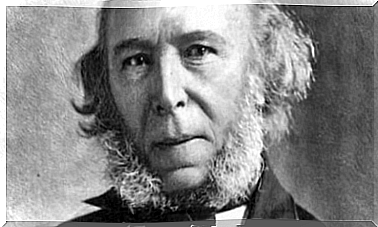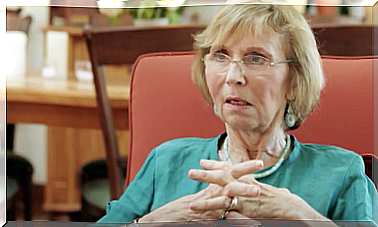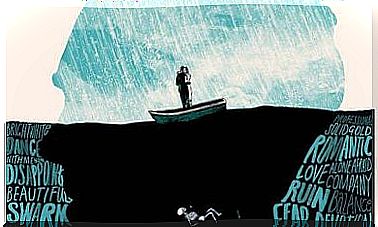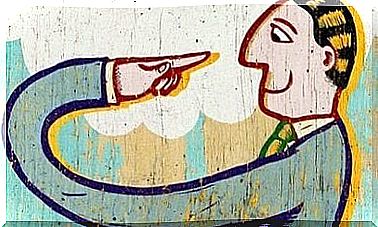Farewell To Eduard Punset: The Face Of Science Outward
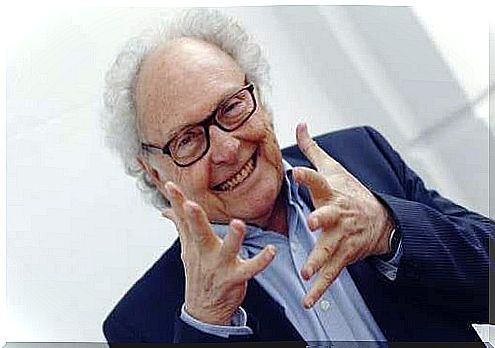
Today we want to say goodbye to Eduard Punset – a man whose name is synonymous with optimism, curiosity and an unquenchable thirst for knowledge.
Few researchers have succeeded in conveying the desire to learn in an equally fantastic way. Few researchers have succeeded in giving us an insight into the psychology, astronomy and anthropology that Eduard did.
Join us as we say goodbye today to Eduard Punset, who brought science into Spanish homes.
His charisma, unmistakable voice, Albert Einstein hair, incredible ability to spread and arouse passion for science… Eduard was this and so much more.
He was a prominent figure on the Spanish television channel, with programs such as Redes setting the bar for scientific reporting. He passed away at the age of 82.
A clueless researcher?
He looked like a clueless researcher, but had a professional background in politics and law.
Despite his eccentric appearance, he knew very well what he wanted to convey in his program, which was broadcast every Sunday morning for almost 18 years.
When he presented and directed Redes , he achieved something that only people like Carl Sagan had succeeded with before: he managed to arouse interest in science among thousands of viewers.
With interviews like the one he did with Roger Penrose and Max Tegmark, many almost immediately wanted to become cosmologists or physicists to expand their understanding of the universe.
With conversations like the one he did with primatologist Jane Goodall, Lawrence Krauss, Antonio Damasio and Steven Pinker, viewers learned to understand:
- The many ideas and theories about our origin.
- What emotions actually are.
- What a future awaits us.
Physics, biology, psychology, neuroscience, cosmology… Eduard Punset invited us on a journey of knowledge and exciting discoveries. He inspired us with enthusiasm, curiosity and tireless optimism.
Eduard completely won over his viewers, and for this reason it is not easy to say goodbye to Eduard Punset.
He inspired hundreds to find their careers in life, and fortunately he has left us with a great audiovisual heritage and many publications.
Eduard Punset: the politician who opened the gates of science
There are those who have always seen Eduard Punset’s role as an advocate of science with skepticism. He came from the legal world and graduated in economics from the University of London.
In addition, he also had a long career as a politician. He started in Adolfo Suárez’s party and was a Member of the European Parliament between 1987 and 1994.
It was his great aptitude for communication that inspired Spanish television to ask him to present a science program. Punset had no academic degree or education in the areas he presented each week.
However, he had something much better: charisma, scientific intuition and a clear ability to convey knowledge in a simple way. At the same time, he transferred everything with an infectious passion.
Redes: scientific knowledge available to everyone
The United States had Carl Sagan and his program Cosmos in the 80’s, and Spain had Eduard Punset and his Redes. And it did not matter that it was broadcast at dawn – every week he had thousands of faithful viewers.
People without knowledge of neuroscience, astronomy or biology suddenly became passionate about these complex subjects.
The programs began airing in 1996, and in 2008 a minor change was made that only made the program even better. Redes was renamed Redes 2.0, and every week Eduard interviewed an internationally recognized specialist.
Suddenly, the world of science got a newer and friendlier face.
Those who had to get up early to work made sure to record the program. One thing that is certain is that people learned something new every week.
We got to know characters like Oliver Sacks, James Watson, Francis Crick, Steven Pinker, Robin Dunbar, Lawrence Krauss, Roger Penrose, Jane Goodall, Antonio Damasio, Daniel Dennett and Lynn Margulis.
He dubbed the interviews in English into Spanish on his own, and thus became acquainted with all these ideas, theories and scientific perspectives almost without realizing it.
All this was done with his unforgettable voice and charisma.
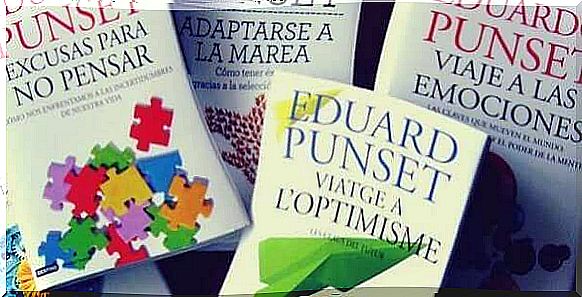
Eduard Punset and his books
While presenting Redes , Eduard Punset embarked on a new project that was just as successful: writing books.
He has published books such as Trip to Happiness (2005), The Soul is in the Brain (2006) and Why We Are What We Are (2008).
This ushered in an era where the basic scientific subjects were no longer beyond the reach of the people. To delve into the pages of these books was a pleasure and a stimulating and educational journey.
In his books we no longer heard his actual voice, but one could feel his unmistakable touch that made the complex easy to understand.
He offered us theories and information, and turned science into something we always wanted to learn more about.
Later books, such as Journey to Love (2007), The Journey to the Power of the Mind (2010) and Alice’s Dream (2013), gave us a topic that Eduard Punset loved: self-help.
Redes stopped broadcasting in January 2014. After that, Punset began to move away from science and focused on personal growth and self-help.
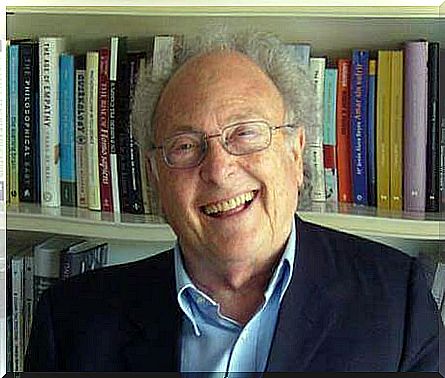
Farewell to Eduard Punset
The fact that he gradually withdrew from the media can partly be attributed to his health in recent years. Now he has left us, and whether we realize it or not, the world of research has lost something of a father figure.
The world needs researchers, but it also needs personalities who know how to convey the magic of knowledge.
Eduard Punset shone, and continues to shine, like a star. His passion was that of a child who wanted to know everything, and even though we say goodbye to Eduard Punset today, his audiovisual and literary works live on.


